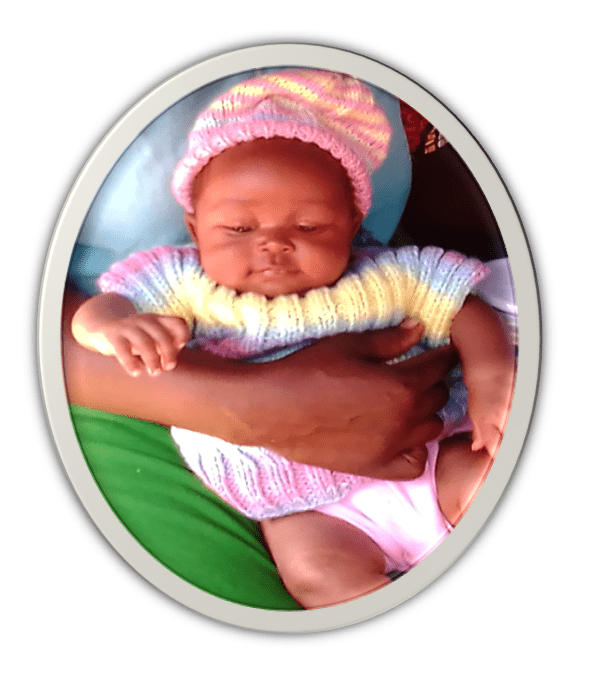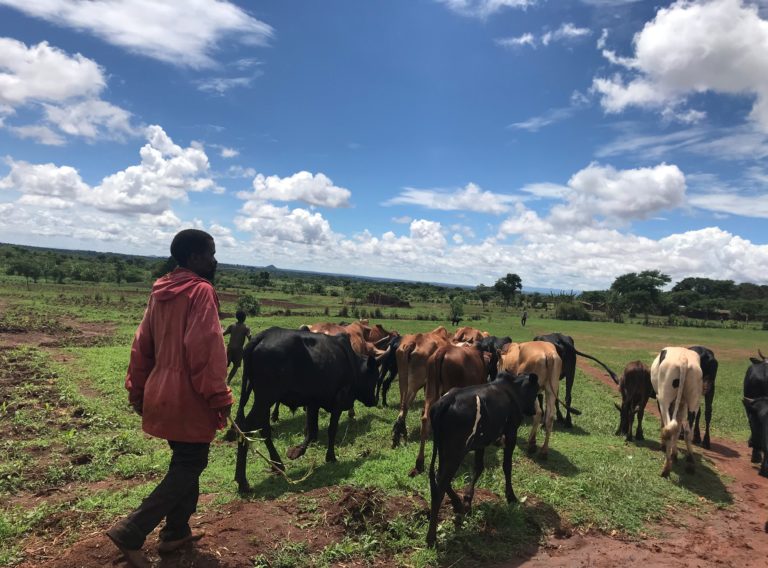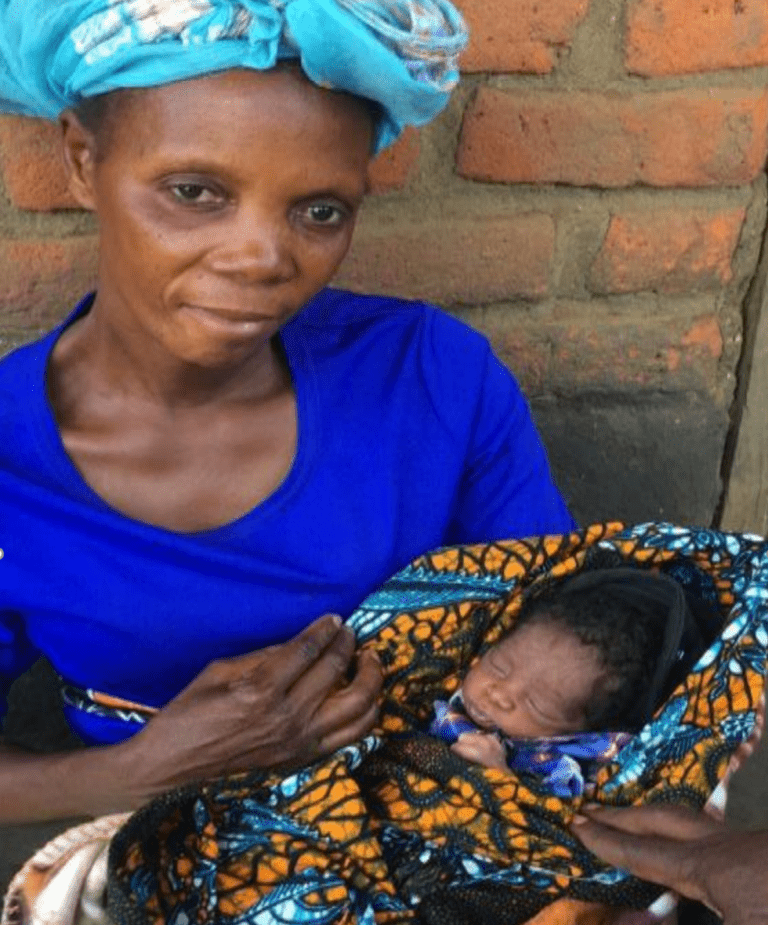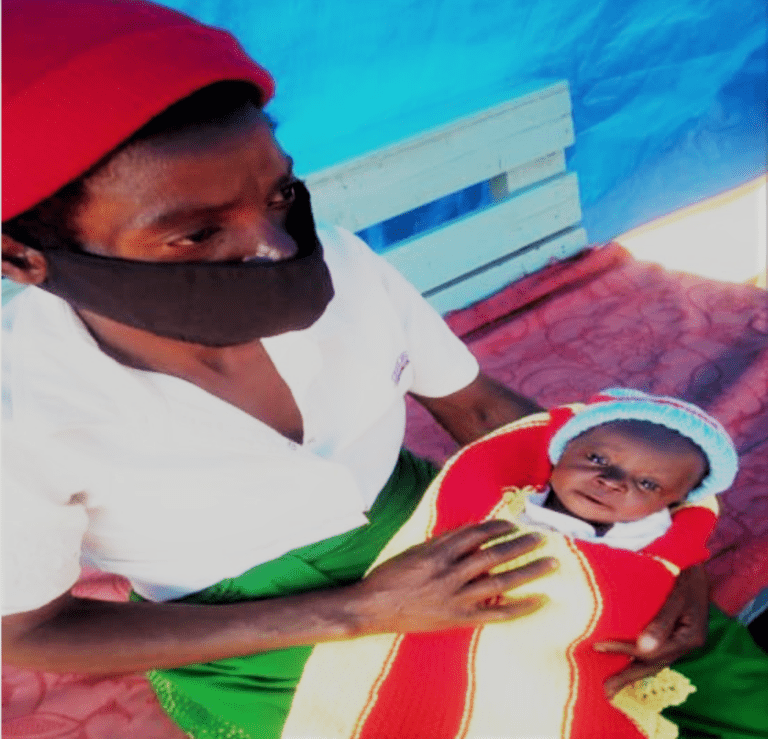March 2022

Hannah's family requested support from us this mom because her mother is receiving chemo for breast cancer
Read MoreMarch 2022


10 babies were enrolled (7 orphans and 3 whose mother critically ill in hospital). 147 babies were visited and 6 discharged. 243 babies are being followed 2 mothers were enrolled and one discharged. 23 women are being followed Mother Care…

We are launching a new Caring Crowd Campaign, which will run for 20 days. Double your impact by donating via Caring Crowd. Each individual donation up to $250 will be matched!